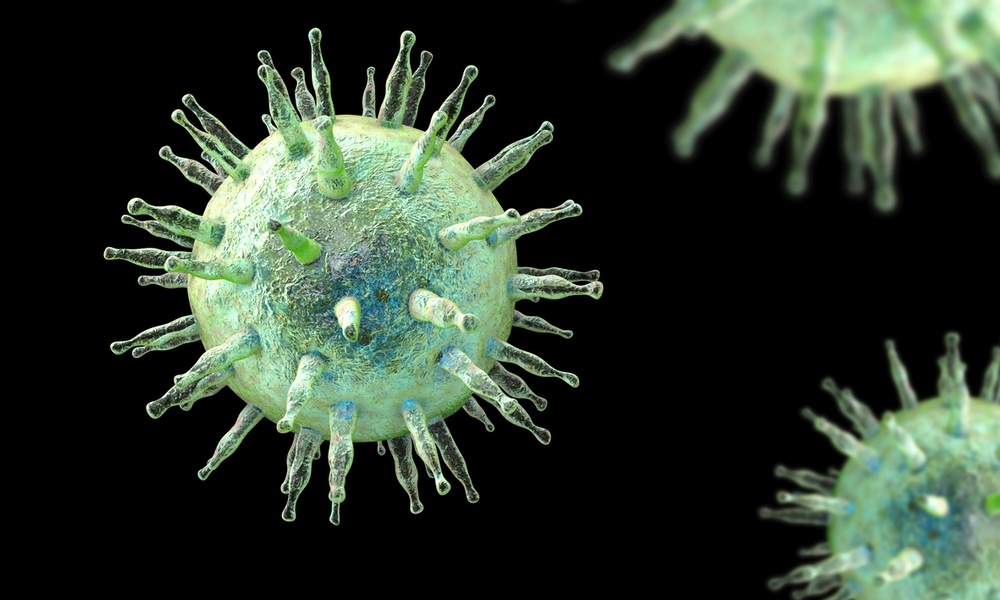Improving teenagers' relations with their peers can help steer them off of the road to obesity, a small pilot study has found.
Interpersonal problems can act as a trigger for binge eating and weight gain. When feeling distress, people often turn to food for comfort. It's hard enough being a teenager without adding a weight problem to the mix. Interpersonal Psychotherapy (IPT) aims to help by addressing the root causes of any social or interpersonal difficulties teenagers may be experiencing and improving social skills. In a one−year study, IPT was effective at improving teenagers' relationships and at stabilizing or lowering their weight.
Reason isn't always powerful enough to overcome the lure of chocolate fudge ripple. The success of IPT is likely because it helps eliminate the negative emotions that can lead a person to overeat or binge eat.
The study was of 38 teenage girls, aged 12−17, who were deemed to be at high−risk for obesity. These girls were already overweight and some were prone to out of control or binge eating. Half attended IPT classes while the other half attended standard health education classes. Girls who attended the IPT classes were more likely to stabilize or reduce their BMI over a one−year period.
Health education is reason−based; it explains why a person shouldn't overeat. Reason isn't always powerful enough to overcome the lure of chocolate fudge ripple. The success of IPT is likely because it helps eliminate the negative emotions that can lead a person to overeat or binge eat.
The researchers emphasize that the teenagers accepted the IPT program. This is important because when people are hostile to therapy, no matter what kind, it is less likely to be effective.
The study was conducted by a team of scientists at the Uniformed Services University of the Health Sciences in Bethesda, Maryland and at the National Institutes of Health. The results of the study were published in the October online edition of International Journal of Eating Disorders.




